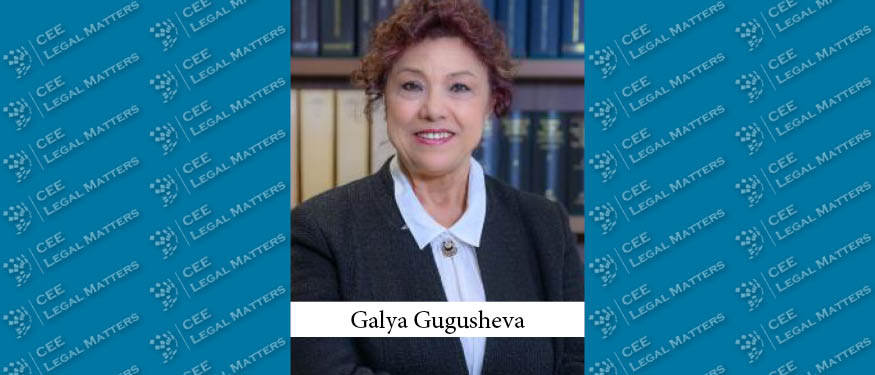As of 1 September 2024, not all employers are obliged to carry out compulsory medical examinations of their employees. The Labour Safety Act stipulates that other laws may specify the types of work for which such examinations will be compulsory. The Ministry of the Interior published a decree on the subject on its website at the end of August and it became applicable on 1 September 2024.
Based on the decree, health checks will remain compulsory in certain sectors, such as crime prevention, healthcare and protection of children and youth. The decree also contains a list of so-called exposures, namely the harmful effects, where the affected employees must undergo a health examination. The employer shall provide a medical examination on a regular basis, before and during the employment relationship, free of charge. Annex 1 to the decree contains a list of 12 exposure categories and their definitions. These include, for example, work at a height if the working height exceeds 2 meters, underground mining, deep drilling for oil and gas, and work involving a risk of fire and explosion. Health assessment is also mandatory if the workplace is considered too hot or too cold, if the employees are exposed to ionising radiation, and all jobs are included which are related to the care of newborns, premature babies, infants and children in health care institutions. Night shift workers and those who lift loads over 10 kg by hand are also affected.
The decree aims to continue to protect workers from health risks, in other words to ensure that the removal of compulsory medical examinations does not increase the number of accidents at work. Irrespective of the above, employers may still require their employees to undergo a health assessment for a job where it would not otherwise be required by law.
By Borbala Maglai, Attorney at Law, KCG Partners Law Firm















